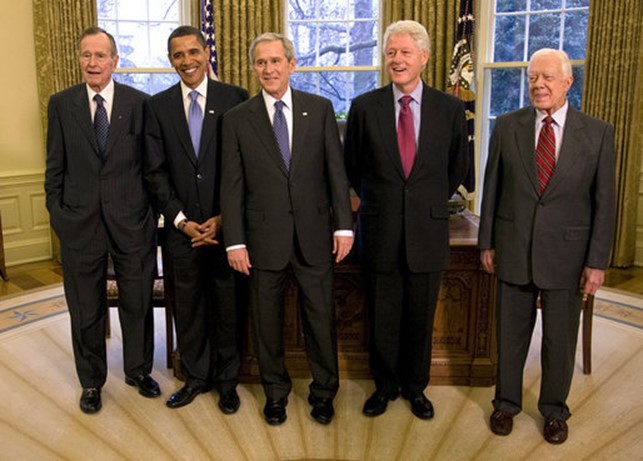
BRICS is an odd amalgamation of countries. For the most part it makes sense why four of the five BRICS economies are expected to dominate the future, but there’s one country that is dissimilar from the rest and quite obviously shouldn’t be included. Joshua Keating is talking, of course, about:
- Brazil. The other countries have seen incredible rates of growth. Brazil, on the other hand, has at times seen growth rates of under 2%.
- Russia. It once had a lot of promise but corruption and bureaucracy are suffocating the country’s infrastructure and economy.
- India. It’s perennially on the verge of a balance of payments crisis and doesn’t seem to be serious about attracting the foreign investment it so desperately needs to ensure future growth. To say nothing of the corruption.
- China. Thanks to the one-child policy population growth is going to start falling soon and that’ll drastically reduce its growth potential in the coming future.
- South Africa. It has taken a turn towards illiberalism and appears to have given up on its post-Apartheid ideals of equality and justice.
Read more about some of the countries that should replace the one outlier in BRICS, more about why each of the countries don’t belong, and why the disparity among the BRICS isn’t all that surprising compared to other international groupings over here.
Source: Foreign Policy

















Join the Discussion! (No Signup Required)